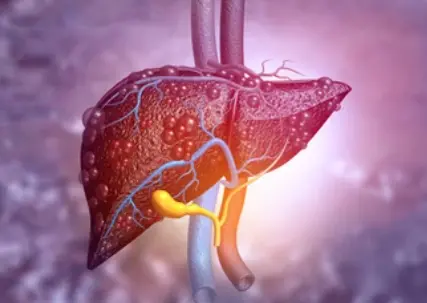 Welcome
Welcome
“May all be happy, may all be healed, may all be at peace and may no one ever suffer."
Granuloma inguinale - Generics
Granuloma inguinale, also known as Donovanosis, is a bacterial infection caused by Klebsiella granulomatis, a type of bacteria that spreads through sexual contact. It primarily affects the genital area, but can also spread to the skin, mouth, and other organs.
Symptoms of granuloma inguinale may include painless, raised, beefy-red nodules or ulcers that may bleed, and can grow larger over time. These lesions can be mistaken for other sexually transmitted infections, such as syphilis, herpes or chancroid.
Diagnosis of granuloma inguinale typically involves a physical examination of the affected area and a laboratory test of a tissue sample. Treatment involves a course of antibiotics, typically azithromycin or doxycycline. If left untreated, granuloma inguinale can cause severe damage to the skin and underlying tissues and may also increase the risk of acquiring HIV.
Prevention of granuloma inguinale involves practicing safe sex by using barrier methods, such as condoms or dental dams, and by getting regular sexual health checkups. It's important to seek medical attention if any concerning symptoms arise, as early detection and treatment can help prevent the spread of the infection and potential complications.

Unproductive coughs

Hyperacidity

Fatty liver

Premenstrual syndrome

Renal function testing

MI

Irrigation solution

Visceral spasms
Granuloma inguinale, গ্রানুলোমা ইনগুইনালে
To be happy, beautiful, healthy, wealthy, hale and long-lived stay with DM3S.